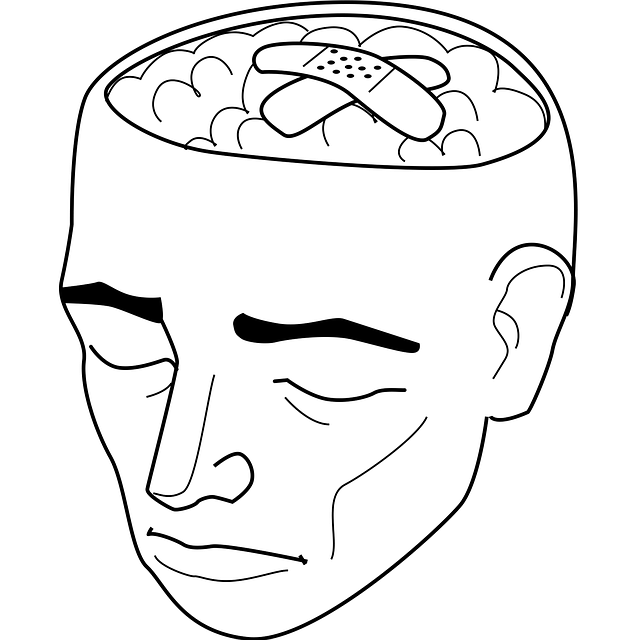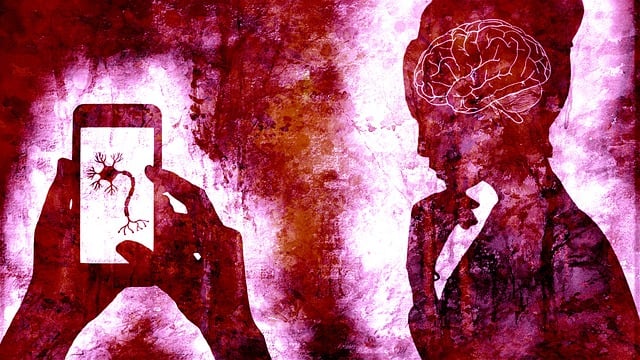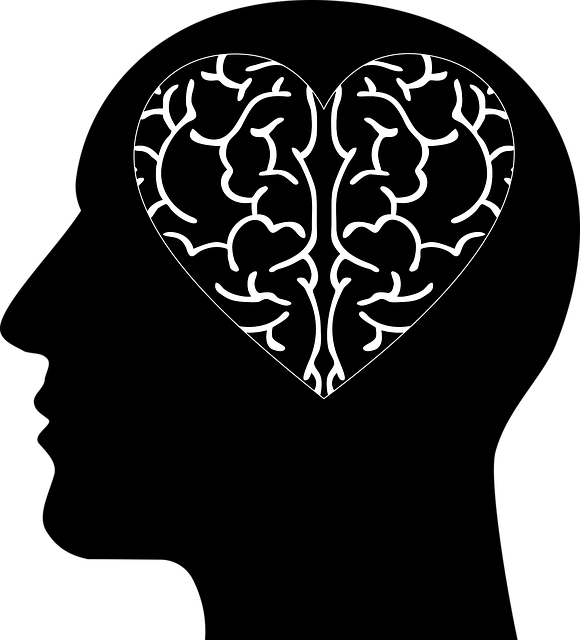Golden Domestic Violence Therapy offers a specialized approach to healing from trauma and abuse by focusing on emotional intelligence (EI). By recognizing and managing emotional triggers, individuals gain self-awareness, learn assertive communication, and develop coping strategies. This evidence-based therapy addresses the root causes of abuse, equips survivors with resilience, and fosters mental wellness through mindfulness, stigma reduction, and tailored support for diverse backgrounds.
Emotional intelligence (EI) is a powerful tool for fostering meaningful relationships and leading a fulfilling life. This article explores three key aspects of EI development, offering valuable insights into its profound impact on personal growth and connections. We delve into understanding EI’s role in relationships, recognizing and managing emotional triggers, and introducing Golden Domestic Violence Therapy as an innovative path to healing and enhanced emotional intelligence.
- Understanding Emotional Intelligence and its Impact on Relationships
- Recognizing and Overcoming Emotional Triggers in Daily Life
- Golden Domestic Violence Therapy: A Path to Healing and Building Emotional Intelligence
Understanding Emotional Intelligence and its Impact on Relationships

Emotional intelligence (EI) is a key component in fostering healthy relationships and understanding one’s own emotions as well as those of others. It involves recognizing, managing, and effectively utilizing one’s feelings to navigate interpersonal interactions. In the context of Golden Domestic Violence Therapy, EI plays a pivotal role in healing and rebuilding shattered connections. By enhancing emotional intelligence, individuals can develop a deeper sense of self-awareness, which is essential for identifying and addressing underlying issues that may have contributed to abusive patterns.
This process empowers people to communicate their needs and boundaries assertively, promoting respect and understanding within relationships. Moreover, EI helps in developing cultural sensitivity in mental healthcare practice, ensuring that therapeutic approaches are tailored to diverse backgrounds. Stress management workshops organized by such organizations also contribute to building confidence boosting skills, enabling individuals to handle challenging situations with resilience and emotional control, ultimately preventing recurrence of abusive cycles.
Recognizing and Overcoming Emotional Triggers in Daily Life

Recognizing emotional triggers is a crucial step in building emotional intelligence and fostering healthy relationships. In daily life, various situations can act as triggers for strong emotions, sometimes leading to impulsive reactions. For instance, a person who has experienced past trauma, such as domestic violence, may find themselves triggered by certain sights, sounds, or even scents that remind them of the traumatic event. These triggers can cause intense feelings of anxiety, fear, or anger, hindering their ability to respond rationally and connect with others emotionally.
Overcoming these triggers involves a combination of self-awareness, coping strategies, and support. Engaging in Golden Domestic Violence Therapy, for example, can provide individuals with the tools to identify and manage their emotional responses effectively. Mental Health Education Programs Design focused on emotional intelligence can teach individuals how to recognize triggers, practice mindfulness, and develop healthy coping mechanisms, thereby reducing the impact of past traumas on their daily lives. Additionally, Mental Illness Stigma Reduction Efforts play a vital role in encouraging individuals to seek help without fear of judgment, fostering an environment conducive to healing and growth.
Golden Domestic Violence Therapy: A Path to Healing and Building Emotional Intelligence

Golden Domestic Violence Therapy offers a transformative path to healing and emotional intelligence building. It’s more than just a therapeutic approach; it’s a comprehensive framework designed to help individuals navigate the complexities of trauma, abuse, and their aftermath. This therapy goes beyond surface-level fixes, focusing on deep-seated emotional wounds that often underlie many mental health issues.
Through specialized techniques and a nurturing environment, Golden Domestic Violence Therapy empowers survivors to develop resilience, understand their emotions, and cultivate healthy coping mechanisms. The process involves exploring personal narratives, challenging negative thought patterns, and learning effective communication skills—all integral parts of enhancing one’s emotional intelligence. This therapy is a catalyst for positive change, enabling individuals to rebuild their lives with greater mental wellness and self-awareness.
Emotional intelligence is a powerful tool for fostering healthy relationships and navigating life’s challenges. By understanding our emotions and those of others, we can create more meaningful connections and improve overall well-being. The article has explored various aspects of emotional intelligence, including its impact on relationships and practical strategies for overcoming emotional triggers. One notable approach highlighted in the context of domestic violence is Golden Domestic Violence Therapy, offering a path to healing and empowering individuals to build emotional intelligence, breaking cycles of harm and promoting healthier lifestyles.














